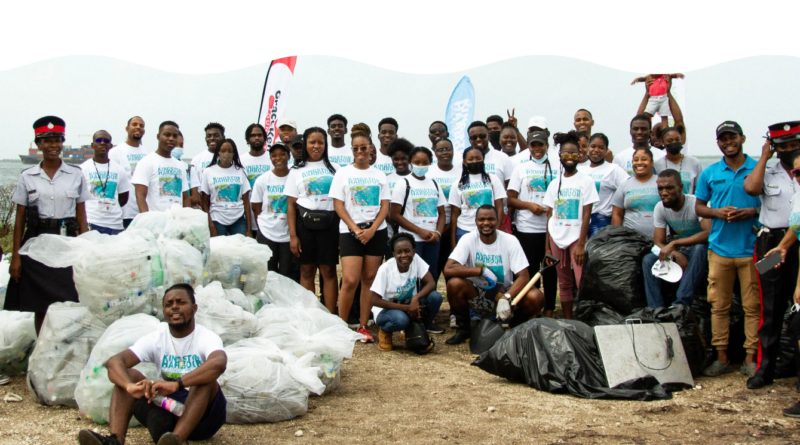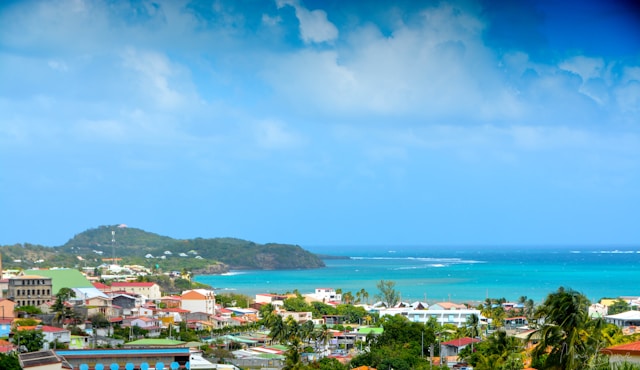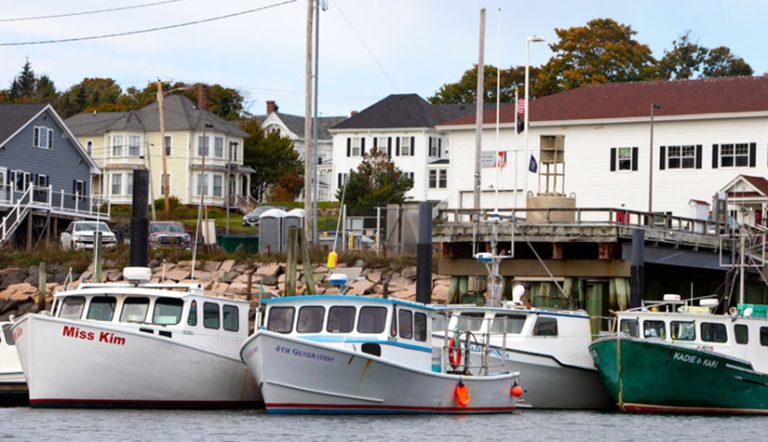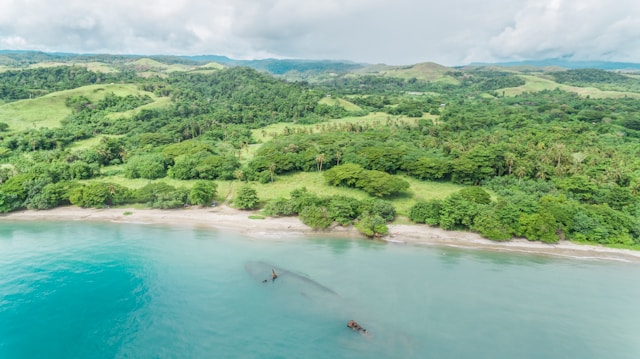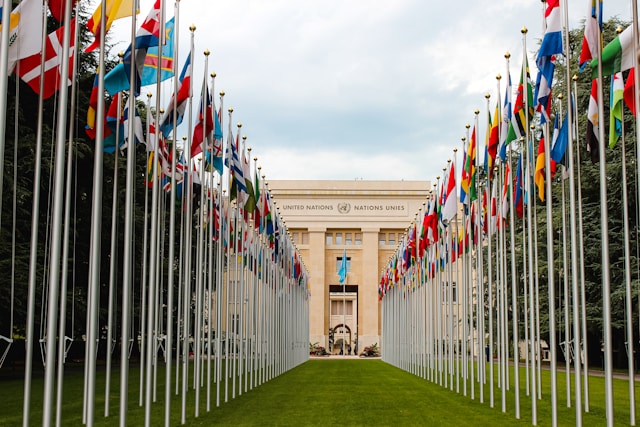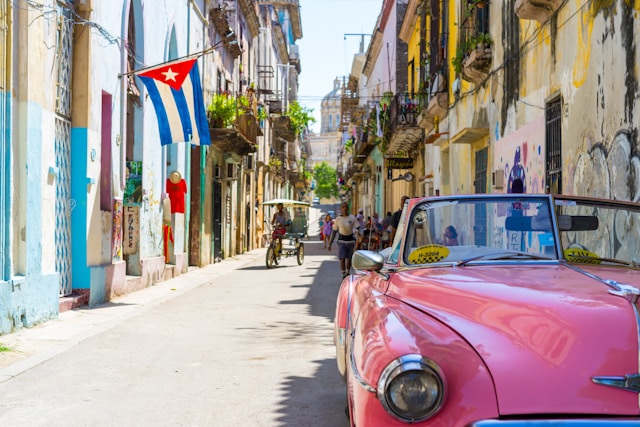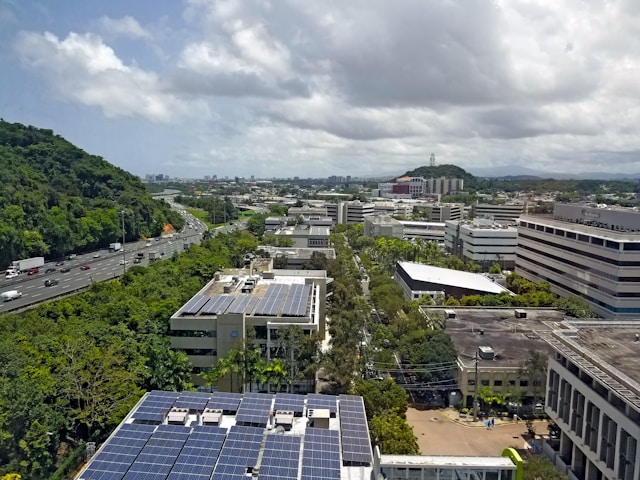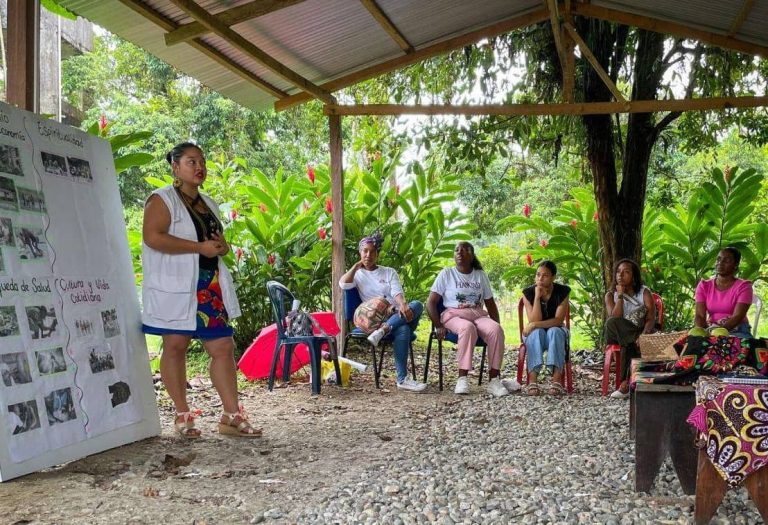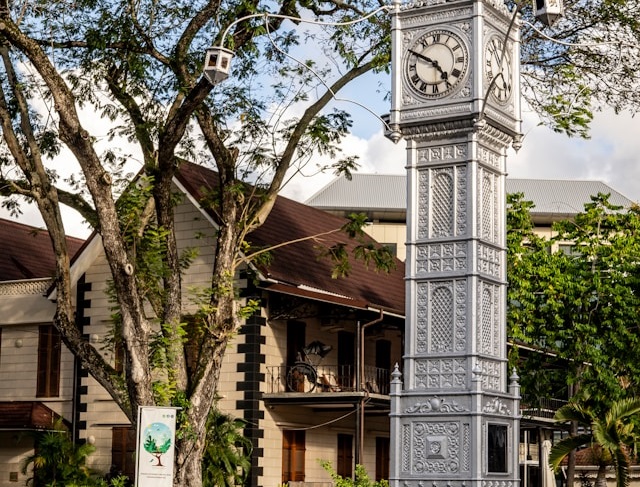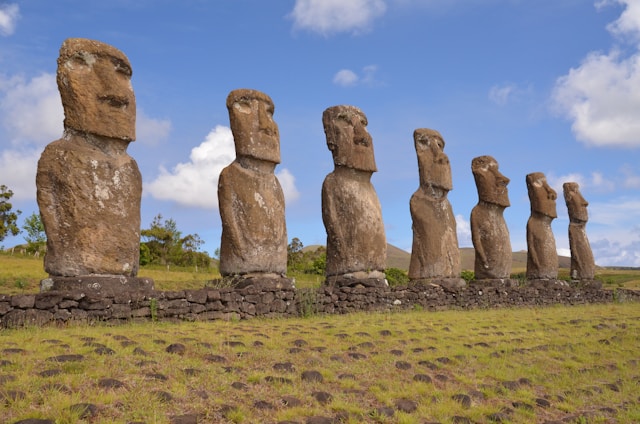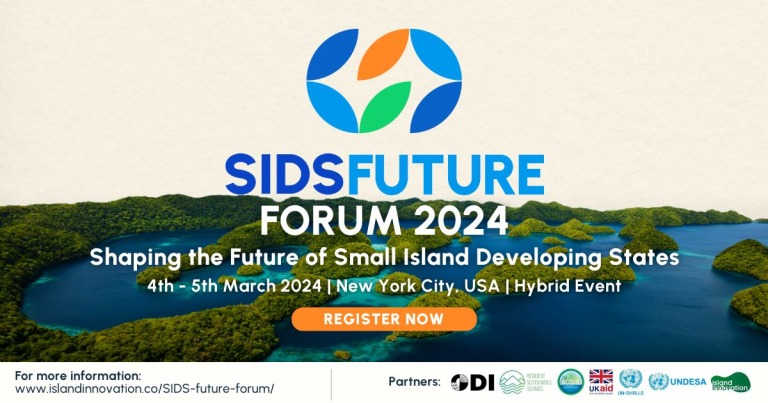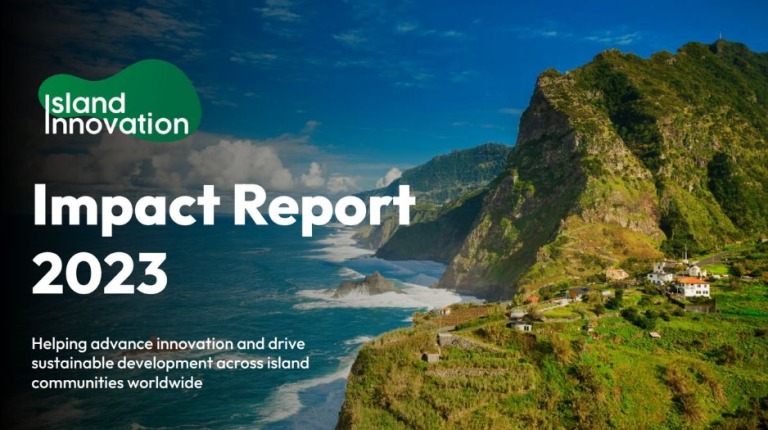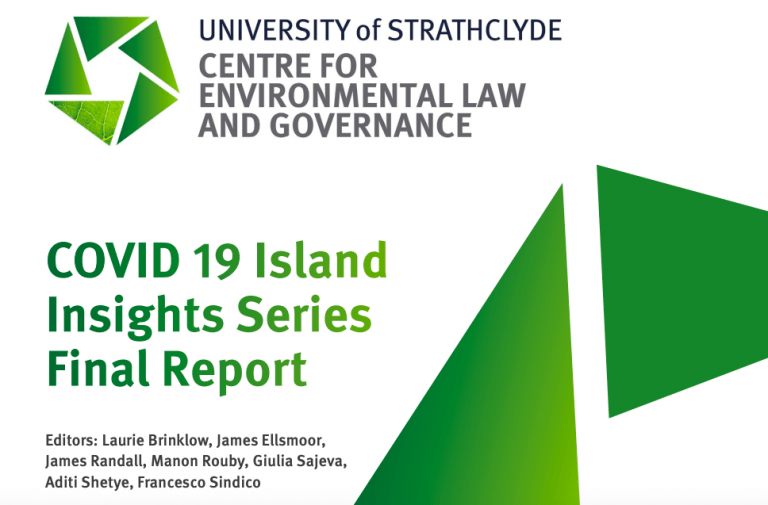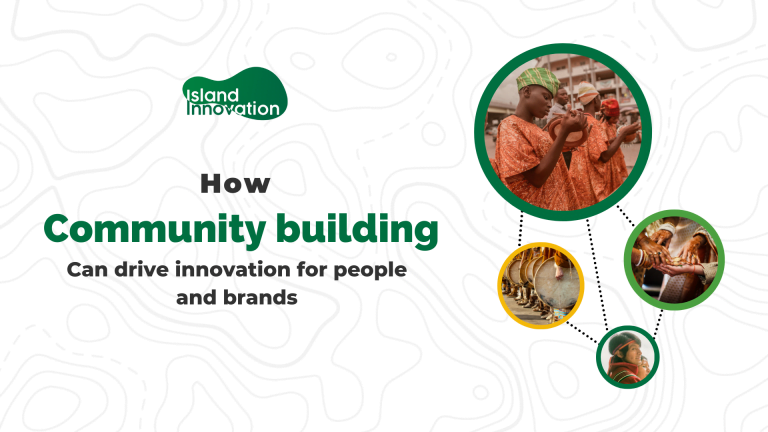Image Credit: Courtesy of Clean Kingston Harbor. Retrieved from cleantechnica.com
Excerpt from cleantechnica.com
Jamaica is much celebrated in songs and literature, from Harry Belafonte’s hauntingly beautiful Jamaica Farewell to Jimmy Buffett’s satirical Jamaica Mistaica. The island is one of the most beautiful in all the Caribbean, and home through the ages to pirates, poets, and potentates of all stripes. It is populated by a pastiche of people from all over the world who ventured there during the golden age of sailing ships, intermarried, intertwined, and created perhaps the most diverse gumbo of humanity to found anywhere on Earth. And yet, Jamaica suffers from the same curse as every other enclave of human civilization — pollution, much of it from plastics.
Jamaica & The Curse Of Plastics
The stuff sluices down the many valleys and gullies that surround Kingston harbor, the seventh largest in the world at 10 miles long and 2 miles wide. From there, it gets carried out to sea by the tide. Up until the 1980s, there was an annual cross harbor swimming contest, but the water became too full of trash for it to continue. Now the Kingston Harbor Cleanup Project is using technology developed in the Netherlands to return the harbor to its former glory.
The group has installed floating barriers at the mouth of several gullies, which are part of the area’s stormwater management system. As the water drains down from above, it brings trash with it. Anything that floats is trapped by the booms. A solar-powered boat collects the captured trash and brings it ashore to be sorted.
“Things that can be recycled are picked up by the Recycling Partners of Jamaica, and the Carib company [Caribbean Cement Company] re-uses those that cannot be recycled,” operations manager Alecia Rose-Beaufort told The Guardian. “So far, we have two types of solutions — barriers meant for deep waters with larger surface area and those meant for more shallow waters such as this gully beside our headquarters.”

